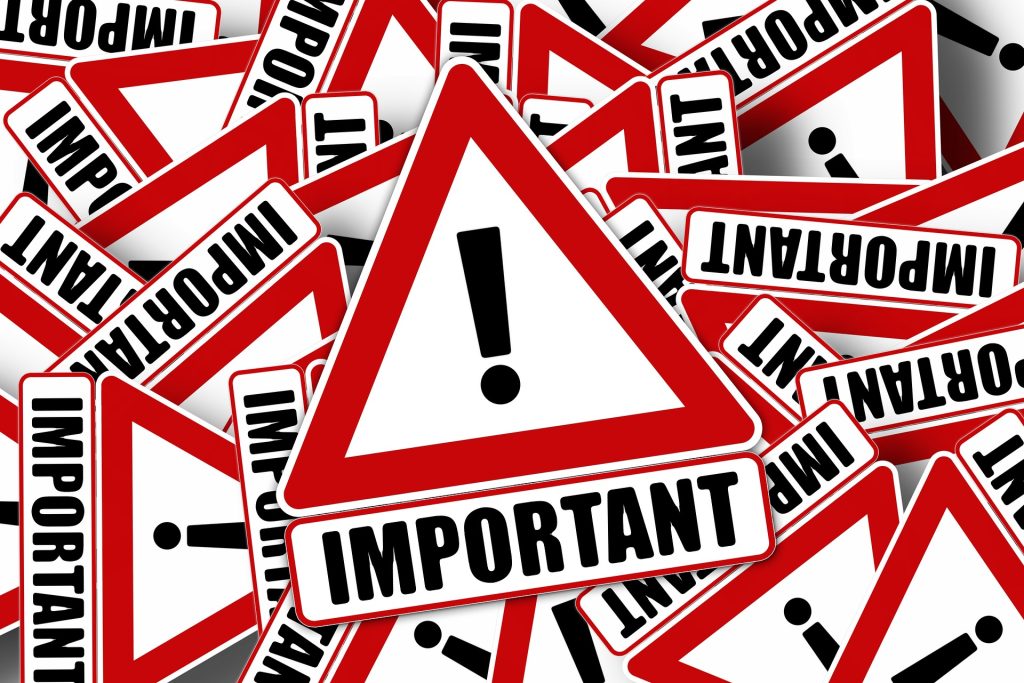
“Hope is a feeling that life and work have meaning. You either have it or you don’t, regardless of the state of the world that surrounds you.”
… Vaclav Havel (1936 – 2011) Czech playwright, poet and politician
Many years ago now, I read an article by Tim Soutphommasane, who was a political philosopher at Monash University, in which he posed the question as to when we started to see ourselves more as consumers than citizens. In it, he bemoaned the current imbalance in the focus on economics compared with having a democratic form of government. To support his view, he quoted a Lowy Institute poll that found only 60 per cent of Australians agreed with the statement that ”democracy is preferable to any other kind of government”. A mere 39 per cent of Australians aged 18 to 29 hold this view.
Whereas this is not a forum in which to debate the various forms of government, his article does raise a troubling question. What does our life mean in the twenty first century? Have we got to the point, where a rather large proportion of society think the meaning of life is simply to get rich and little else matters?
Not all that long ago, the meaning of life for most people in western society was pretty clear. Live a good life and go to heaven, if not it was off to hell with you. The belief in God as defined by the church was the all-encompassing context for the meaning of life. The enlightenment and the rise of the scientific method changed all that. This change did not happen overnight and indeed many people still have a firm belief in God, yet as the recent release of the Australian census seems to indicate, this number continues to dwindle.
The problem in this shift in worldview is that science tells about how things are and how they work, it does not tell us what they mean. It is one thing to work out there are nearly as many stars in the visible universe as there are grains of sand on the planet, but it is another to understand what that means for human societies. Indeed, over less than a thousand years, human beings have gone from being the centre of the universe and the pinnacle of God’s creation to a life form on a small planet in a backwater of the Milky Way galaxy, which is only one galaxy amongst many billions. Is it any wonder many people now struggle with the meaning of their life.
The challenge of meaning is compounded by a lack of leadership at all levels. Democratic governments live in a world of short term priorities that can cynically appear designed to simply remain in power. Many businesses, particularly publicly listed companies, seem to set short term goals where profit and growth are the only measures of success, despite what they say to the contrary. We are constantly told our way to a happy life lies in purchasing it. A new car or a new television or whatever the latest must-have item might be.
All of this leads many commentators to speak of a crisis of meaning in the modern world. I firmly believe meaning derives from our communities, our relationships and from within our selves and not things. We formulate our sense of a good life from those around us but we are also well served by challenging that definition. I have seen too many people who seem to have it all, yet you do not have to scratch the surface too much to find they feel they live an unfulfilled life. Most of them have simply accepted others’ views of a good life and never really stopped and thought about what a good life means to them. Once they do, they generally find a richer and more fulfilling view of life.
Related Concepts
Living a Constructive Life
What is a Good Life?
Living in the Question
Generating an Authentic Self